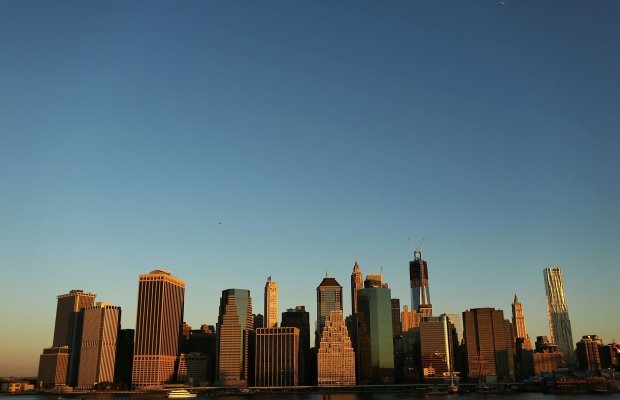Mega deals have returned – but European banks are losing out to US rivals

As global merger and acquisition activity springs back into life after a period of relative inertia, it's worth noting that the likely benefactors amongst bank advisers to these mega deals are likely to be increasingly American.
While the likes of Goldman Sachs, JP Morgan, Morgan Stanley and Bank of America Merrill Lynch find themselves set to rake in growing fees, both for advisory services and lending commitments, the share of fees going to the European-based banks has been gradually declining over a 10-year period.
Therefore there was little surprise on Monday that when London-listed Amec launched its £1.9bn takeover offer for Foster Wheeler on Monday it used a US-owned bank, Bank of America Merrill Lynch, to advise it and on the deal and put up a £1bn debt facility.
In 2003, the top European banks had a 34.31 per cent of M&A fees in Europe, Middle East, and Africa (EMEA), according to data from Thomson Reuters and Freeman Consulting. Today that figures is down to 25.39 per cent as the majority of banks have been capital constrained compared to their US rivals.
There are some exceptions to the pattern, of course. Rothschild, the independent London-based advisory investment bank, has increased its market share from 6.13 per cent to 6.26 per cent as it profits from independence in a world where the bulge bracket banks can increasingly find themselves conflicted. Barclays, which did not have much in the way of investment banking in the era before former chief executive Bob Diamond, has seen its EMEA share rise from a miniscule 0.11 per cent to 2.81 per cent, as it builds up an investment bank from scratch and following the acquisition of parts of Lehman in the US.
The two major Swiss banks, UBS and Credit Suisse, have both seen their market share drop dramatically, as regulators back in Zurich ponder ever further conservatism over capital requirements. There's no surprise that RBS, which has been shorn of its investment banking ambition under government ownership, has seen its share of global fees whittled down from 1.44 per cent to 0.07 per cent.